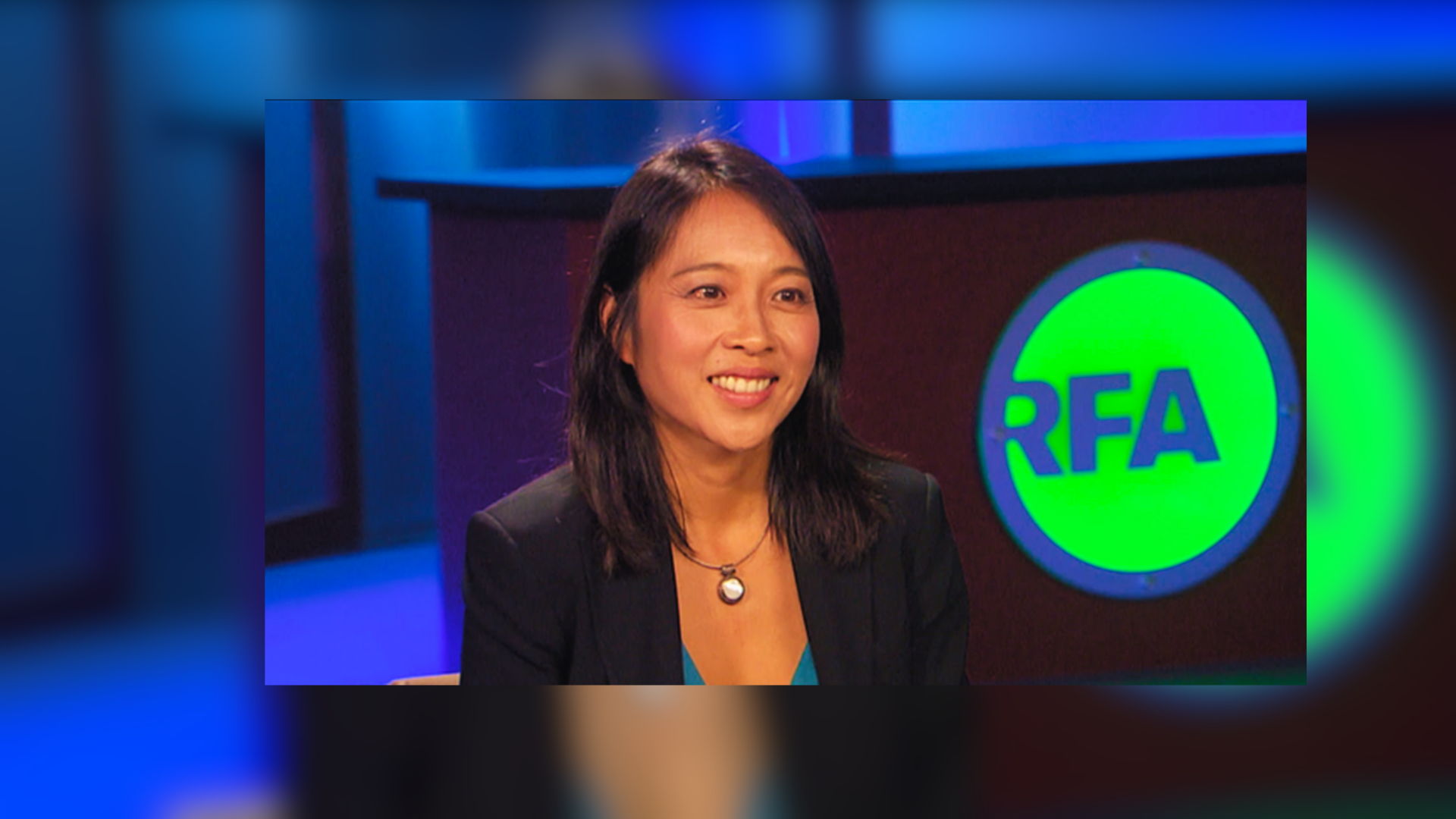After nearly three decades of operation in Hong Kong, Radio Free Asia (RFA), a sister outlet to Voice of America (VOA), has made the difficult decision to close its bureau in the city and withdraw its full-time staff. The move comes amidst mounting concerns over dwindling press freedom, particularly following the enactment of Article 23 by Hong Kong authorities, a national security law that watchdogs fear will further erode media freedom within the city.
RFA President Bay Fang expressed the rationale behind the decision, citing escalating apprehensions regarding the safety of their staff and reporters in Hong Kong. Despite maintaining its official media registration, RFA will no longer have a permanent presence in the city, and its physical bureau has been shuttered.
Article 23, recently enacted by Hong Kong authorities, represents an extension of Beijing’s contentious national security law imposed in 2020. The legislation criminalizes a wide range of activities deemed subversive or threatening to national security, including acts of espionage, external interference, and collusion with foreign forces. Press freedom advocates, including Reporters Without Borders (RSF), have voiced serious concerns about the implications of this law, fearing it will stifle independent voices and further erode journalistic freedoms in the region.
Cedric Alviani, RSF’s Asia-Pacific bureau director, condemned the incorporation of Beijing’s national security measures into Hong Kong’s domestic legislation, warning that it could pave the way for a crackdown on independent media. Alviani urged democratic nations to pressure Chinese authorities to restore full press freedom in Hong Kong.
RFA’s decision to restructure its operations in Hong Kong is directly linked to the enactment of Article 23. Fang highlighted concerns about Hong Kong authorities labeling RFA as a “foreign force,” which raised doubts about the outlet’s ability to operate safely in the city. Despite efforts to engage with Hong Kong’s Security Bureau, RFA’s concerns remained unresolved, prompting the decision to withdraw from the city.
The closure of RFA’s Hong Kong bureau marks a significant blow to press freedom in the region. For years, Hong Kong was celebrated for its vibrant and unrestricted media landscape. However, the introduction of the national security law in 2020 precipitated a rapid decline in press freedom and other civil liberties.
Hong Kong and Chinese officials have defended the national security law, arguing that it has contributed to stabilizing the region. However, critics contend that the law is being used to suppress dissent and silence independent voices.
The plight of independent media in Hong Kong is further underscored by the ongoing national security trial of pro-democracy publisher Jimmy Lai. Lai faces charges of collusion with foreign forces and sedition under the national security law, charges he vehemently denies. Despite assertions of a fair trial from Hong Kong officials, press freedom groups and Western governments have condemned the charges as politically motivated.
Despite the closure of its physical bureau in Hong Kong, RFA remains committed to covering developments in the city and mainland China. Fang emphasized that RFA would adapt its journalistic model to navigate restrictive media environments while ensuring that its programming and content continue without interruption for audiences in Hong Kong and mainland China.




